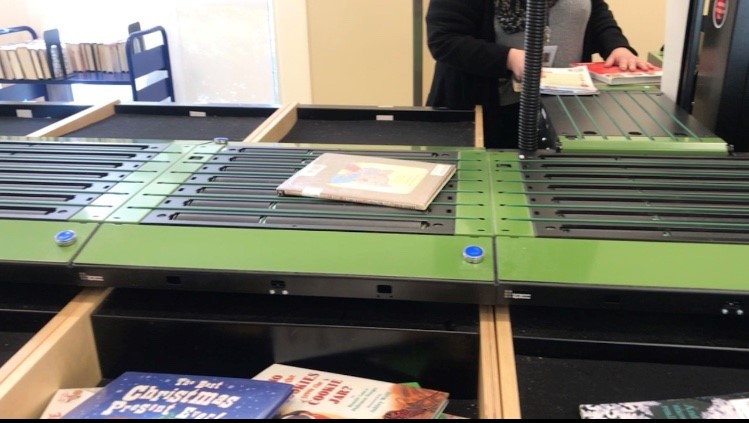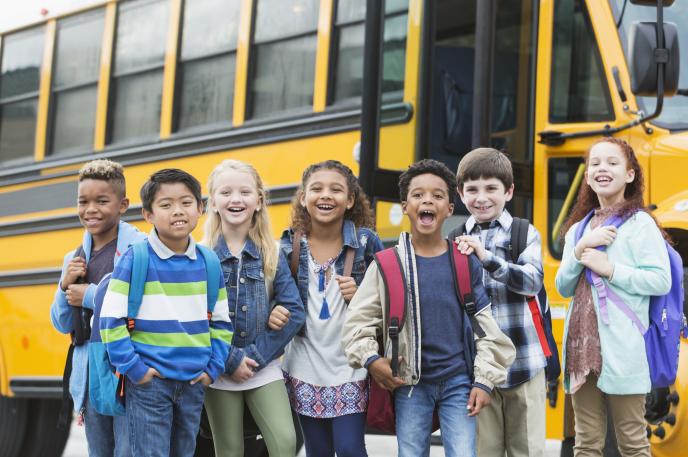
Top 10 Ways Library Can Support Teachers and Students
August 12, 2025
This blog was written by Lisa Wright and Elyse Farmer, program coordinator for Charlotte Mecklenburg Library.
Since 2015 the ONE Access program, short for “One Number Equals Access,” makes it easier than ever for students and staff to connect with Charlotte Mecklenburg Library resources. By using their school identification number (or NC EdCloud/employee ID for staff) instead of a separate library card, participants can instantly access a wealth of materials and tools. From research databases to e-books, audiobooks, magazines, music, and video, ONE Access provides digital learning opportunities as well as the option to borrow up to 10 print or audiobooks with no overdue fines. This partnership between the Library and area schools supports literacy, learning, and educational success throughout the community. In 2025, we’re marking 10 amazing years of ONE Access, and we’ll be celebrating all year long with “Top 10” lists you won’t want to miss!
Top 10 Ways Charlotte Mecklenburg Library Can Support Teachers & Students
1. Library accounts for all CMS teachers and students. By using either employee ID numbers (teachers) or student ID numbers (students), everyone in CMS can check out physical books and access eBooks and more through the library website.
2. Active Reading & Read Together Workshops. Active Reading is an interactive approach that helps children build early literacy skills by asking questions, building vocabulary, and making connections while reading a story. Charlotte Mecklenburg Library offers outreach workshops to schools, and resources and tips for families, caregivers, and educators to make reading aloud more engaging and effective.
3. Free computer use, wi-fi, and study spaces at our branches. All 20 library locations have computers and Wi-Fi that students can use for FREE with a library card or ONE Access account, as well as space to study.
4. Free homework help. Weekly Homework Help programming is available at all library locations. Trained Homework Help volunteers provide a welcoming and supportive environment where young learners can: get help completing assignments, practice important foundational skills (such as math facts or reading), and get connected to important Library resources including Tutor.com, a free professional virtual tutoring service that provides 15 free tutoring sessions in any subject each week with a ONE Access account. Visit the Homework Help website for library locations and hours when the program is provided.
5. Reading Buddies program. The Reading Buddies program is a free program that brings together children and volunteers to read in thirty-minute appointments one time a week at all Library locations. Children select their own books to read, and trained volunteers provide support and encouragement to help children practice and foster a love of reading! Visit the Reading Buddies website for library locations and hours, and how to register for a weekly appointment slot.
6. College and Career Connections. College and Career Connections is a suite of free programs and workshops offered by community experts and organizations such as the College Foundation of North Carolina (CFNC) and The Princeton Review. Topics range from resources to pay for college, admissions essays, test prep, and online practice tests to help teens plan and prepare for their future after high school and beyond. Visit the College and Career Connections page for more information, including how to take the Road Map to Success Challenge.
7. Schools paired with library branches. Each CMS school is paired with a library branch close to the school location. These pairings are a resource for educators to find a nearby library best able to assist them with library resources and services. View the menu on the ONE Access Guide for Schools for a list of possible programs library staff can provide.
8. FREE access to local and regional history. The collection is also expanded with online resources at CMStory.org. (Lots of cool images and exhibits!) Supplement and enhance curriculum in the classroom with artifacts and primary source documents from our community.
9. Community events including Summer Reading, Epic Fest, and Community Read. Charlotte Mecklenburg Library host author visits, book talks, and storytelling sessions that connect students with the people behind the books they read. These events can bring literature to life, inspire reluctant readers, and provide opportunities for students to ask questions and learn about the writing process.
10. Trusted Library staff to support teachers and families. Librarians and library associates enjoy collaborating with teachers, caregivers, and students to recommend age-appropriate high quality materials that spark student interest and align with curriculum goals. They provide guidance on research skills, technology use, and literacy strategies to help students succeed in the classroom and at home.
Ten years of ONE Access means ten years of empowering teachers, students, and families, and we’re just getting started. We look forward to an incredible school year and many more years of learning and connection ahead!

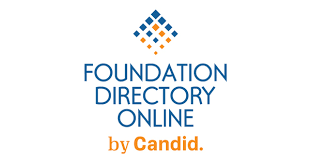
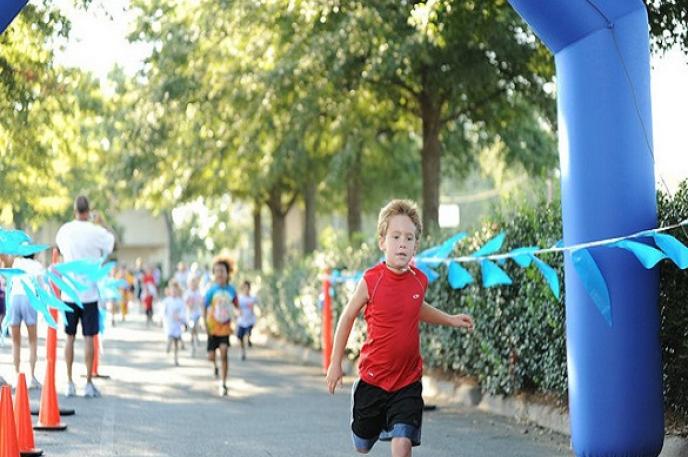
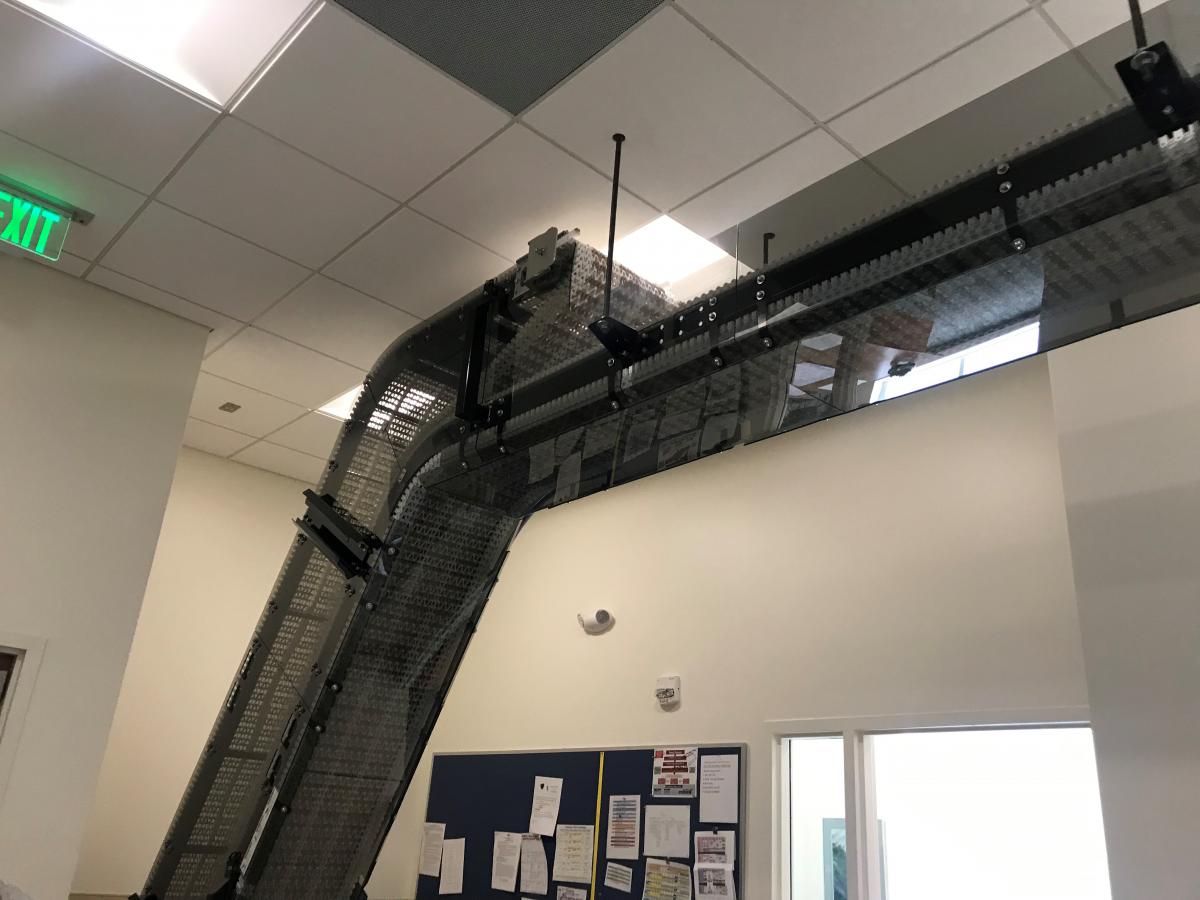
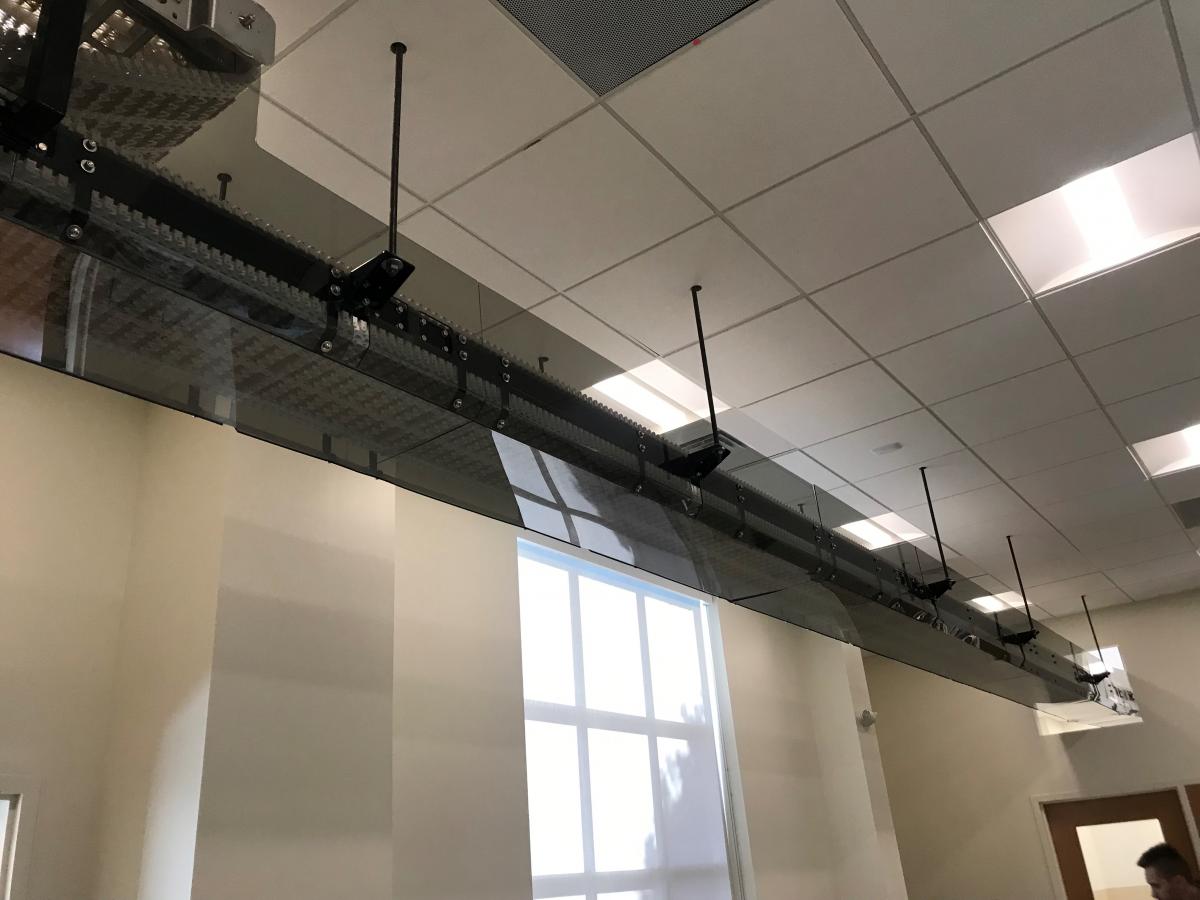 Each item is tagged with a Radio Frequency Identification (RFID) that allows the automated system to check in, check out and securely track library materials. Because it’s based on radiowave technology, it doesn’t require line-of-sight. Unlike barcodes, which must be scanned one a time, multiple RFID-tagged items can be set on an RFID pad and checked in or checked out. Customers at Morrison can experience this during the self check-out process. It’s not usual to see children or adults placing stacks of books on the RFID pad and immediately have their materials all checked out.
Each item is tagged with a Radio Frequency Identification (RFID) that allows the automated system to check in, check out and securely track library materials. Because it’s based on radiowave technology, it doesn’t require line-of-sight. Unlike barcodes, which must be scanned one a time, multiple RFID-tagged items can be set on an RFID pad and checked in or checked out. Customers at Morrison can experience this during the self check-out process. It’s not usual to see children or adults placing stacks of books on the RFID pad and immediately have their materials all checked out.